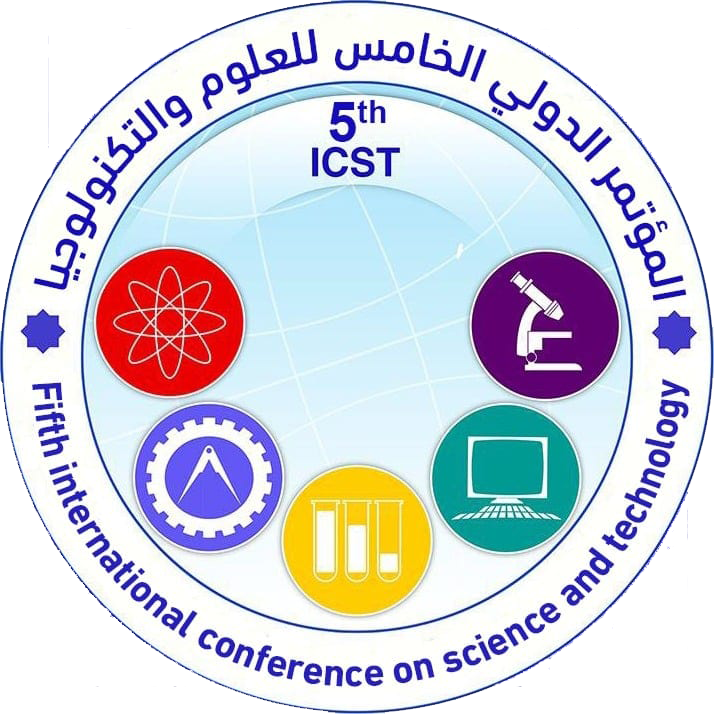Application of iterative decoding systems (UTTCM) to 4G-LTE mobile radio communication network
Abstract
The mobile communications market has grown at an unprecedented rate and cellular phones have been adopted much faster than any other equipment. At the same time, current systems meet many needs, depending on whether mobility, speed, cost and quality are promoted and ensured ... To meet the ever-increasing demands of consumers. These large capacity demands can only be met by high efficiency and very good optimization of mobile network infrastructures, while taking into account the constraints that are power, bandwidth and limited complexity. The concern to transmit at high rates while being confined to a defined bandwidth has led some researchers to consider the application of iterative channel codes to high spectral efficiency modulations. In order to recover the transmitted data correctly and efficiently. In our paper, we are mainly interested in simulation analysis to improve the performance of 4G-LTE mobile radio transmission, through the use of iterative coding technique, which is efficient and less complex, named UTTCM through three models of channels (EPA, EVA, ETU).
Full text article
Authors
Copyright (c) 2022 Journal of Pure & Applied Sciences

This work is licensed under a Creative Commons Attribution 4.0 International License.
In a brief statement, the rights relate to the publication and distribution of research published in the journal of the University of Sebha where authors who have published their articles in the journal of the university of Sebha should how they can use or distribute their articles. They reserve all their rights to the published works, such as (but not limited to) the following rights:
- Copyright and other property rights related to the article, such as patent rights.
- Research published in the journal of the University of Sebha and used in its future works, including lectures and books, the right to reproduce articles for their own purposes, and the right to self-archive their articles.
- The right to enter a separate article, or for a non-exclusive distribution of their article with an acknowledgment of its initial publication in the journal of Sebha University.
Privacy Statement The names and e-mail addresses entered on the Sabha University Journal site will be used for the aforementioned purposes only and for which they were used.

